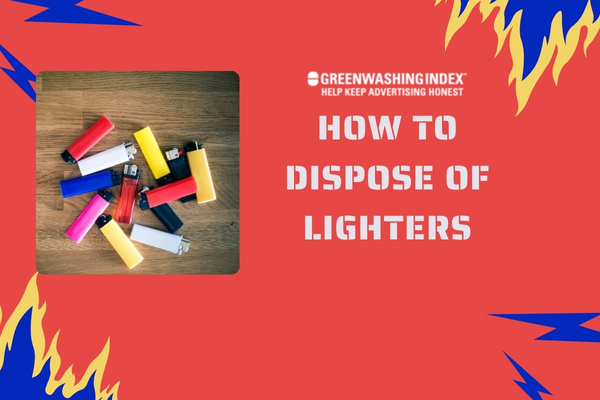Lighter fluid, a common household item used for starting fires and fueling torches, poses significant risks if not disposed of properly. Its highly flammable nature can lead to dangerous accidents and environmental contamination if mishandled. This article will guide you through the essential steps of safely and responsibly disposing of lighter fluid, ensuring both your safety and the protection of our environment.
This comprehensive guide will delve into the dangers associated with improper disposal, outline safe disposal methods, provide information on contacting local waste management facilities, and highlight the environmental impact of lighter fluid. By following these guidelines, you can contribute to a safer and more sustainable future.
Dangers of Improper Lighter Fluid Disposal
Improperly disposing of lighter fluid can have severe consequences for individuals, communities, and the environment. Pouring lighter fluid down the drain or into the trash is extremely dangerous and can lead to:
- Fires: Lighter fluid is highly flammable, and even small spills can ignite easily, posing a significant fire hazard in your home or community.
- Groundwater Contamination: Lighter fluid readily seeps into the ground and can contaminate groundwater sources used for drinking water. This contamination can have long-lasting effects on human health and ecosystems.
- Air Pollution: When lighter fluid evaporates, it releases harmful volatile organic compounds (VOCs) into the air, contributing to smog and respiratory problems.
Safe Lighter Fluid Disposal Methods
To mitigate these risks, it’s crucial to dispose of lighter fluid responsibly using safe methods:
- Container Collection Programs: Many communities offer container collection programs specifically for hazardous waste, including lighter fluid. Check with your local waste management facility for details on participating in these programs.
Designated Drop-Off Locations: Some municipalities have designated drop-off locations for hazardous waste disposal. These locations often accept various types of flammable liquids, including lighter fluid.
Absorbent Materials: In case of small spills, use absorbent materials like kitty litter or sawdust to soak up the lighter fluid. Dispose of the contaminated material in a sealed container as hazardous waste.
Contacting Local Waste Management
To determine the most appropriate disposal method for your area, it’s essential to contact your local waste management facility. They can provide specific instructions and answer any questions you may have regarding:
- Collection Programs: Inquire about available container collection programs or designated drop-off locations for hazardous waste in your community.
- Disposal Regulations: Understand the local regulations and guidelines governing the disposal of lighter fluid to ensure compliance.
- Safety Precautions: Obtain guidance on safe handling practices and necessary precautions when transporting lighter fluid for disposal.
Hazardous Waste Disposal Centers
If your local waste management facility doesn’t offer specific disposal options for lighter fluid, you can contact hazardous waste disposal centers in your region. These specialized facilities are equipped to handle various types of hazardous materials, including flammable liquids like lighter fluid.
Environmental Impact of Lighter Fluid
Lighter fluid has a significant impact on the environment due to its flammability and chemical composition:
- Air Pollution: The VOCs released during evaporation contribute to smog formation and respiratory problems.
- Water Contamination: Spills and improper disposal can contaminate water sources, harming aquatic life and posing risks to human health.
- Soil Degradation: Lighter fluid can seep into the soil, affecting plant growth and disrupting soil ecosystems.
Conclusion
Disposing of lighter fluid responsibly is crucial for safeguarding public safety and protecting our environment. By adhering to safe disposal methods, contacting local waste management facilities, and understanding the environmental impact of lighter fluid, we can minimize risks and contribute to a healthier planet. Remember, responsible disposal practices are essential for creating a sustainable future.



